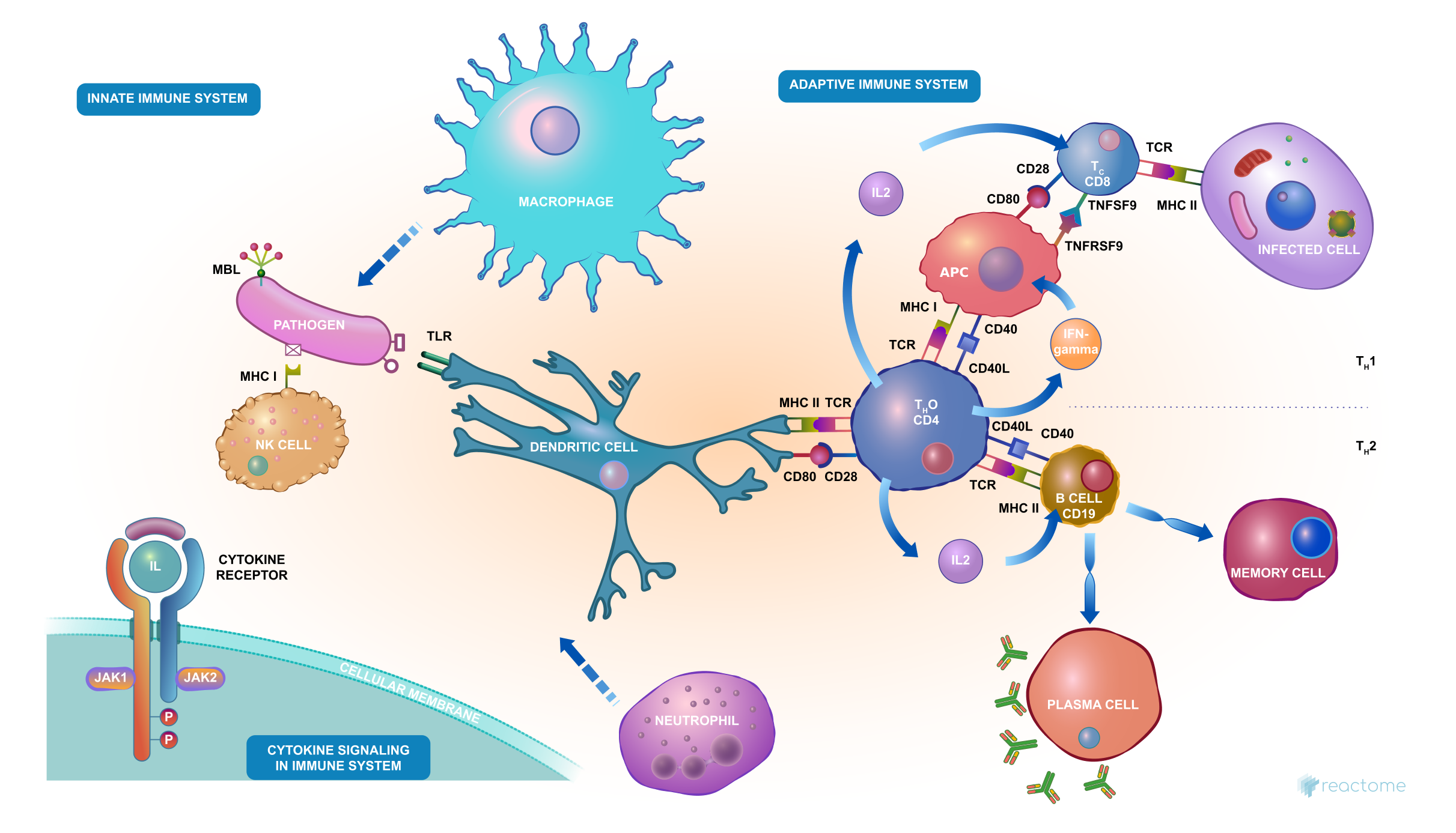 Source: bing.com
Source: bing.comAs a new parent, you want to do everything in your power to keep your baby safe and healthy. One of the most important things you can do is to help your baby develop a strong immune system. But how does a baby immune system develop? In this article, we will explore the different stages of a baby’s immune system development and provide tips on how you can support your baby’s immune health.
Table of Contents
Stage 1: In Utero
The first stage of a baby’s immune system development begins in the womb. While in utero, a baby is protected by the mother’s immune system, which passes on antibodies to the baby through the placenta. This helps to protect the baby from infections that the mother has already fought off.
Stage 2: Birth
When a baby is born, they are suddenly exposed to a whole new world of germs and bacteria. This is when the baby’s immune system starts to develop on its own. The very first milk produced by the mother, colostrum, is rich in antibodies and helps to jumpstart the baby’s immune system.
Stage 3: Infancy
During the first year of life, a baby’s immune system is still developing. The baby’s body is learning to recognize and fight off different types of germs and bacteria. Breast milk continues to be an important part of the baby’s immune system development, as it contains antibodies and other immune-boosting substances.
Stage 4: Toddlerhood
As a baby becomes a toddler, their immune system continues to develop and mature. This is the time when the baby starts to build up their own immunity to common childhood illnesses, such as colds and flu.
How to Support Your Baby’s Immune System Development
While a baby’s immune system is developing, there are several things you can do to support their immune health:
- Breastfeed your baby, if possible, for at least the first six months of life.
- Make sure your baby gets all of their recommended vaccines.
- Practice good hygiene, such as washing your hands regularly and keeping your baby’s toys and surfaces clean.
- Avoid exposing your baby to sick people, if possible.
- Provide your baby with a healthy and balanced diet, with plenty of fruits, vegetables, and whole grains.
Frequently Asked Questions
When does a baby’s immune system start to develop?
A baby’s immune system starts to develop in the womb and continues to develop throughout the first year of life.
How can I support my baby’s immune system development?
You can support your baby’s immune system development by breastfeeding, making sure your baby gets all of their recommended vaccines, practicing good hygiene, avoiding sick people, and providing a healthy and balanced diet.
What can weaken a baby’s immune system?
A baby’s immune system can be weakened by premature birth, low birth weight, certain medications, and certain medical conditions.
Can I boost my baby’s immune system?
While you can’t necessarily boost your baby’s immune system, you can support their immune health by following the tips outlined above.
When should I be concerned about my baby’s immune system?
If you notice that your baby isn’t getting better after a few days of being sick, or if they seem to be getting sick more often than usual, it’s a good idea to talk to your pediatrician. They can help to determine if there is an underlying medical condition that is affecting your baby’s immune system.
In conclusion, a baby’s immune system development starts in the womb and continues throughout the first year of life. It is important to support your baby’s immune health by following good hygiene practices, providing a healthy diet, and making sure your baby gets all of their recommended vaccines. By doing so, you can help to keep your baby healthy and strong.
